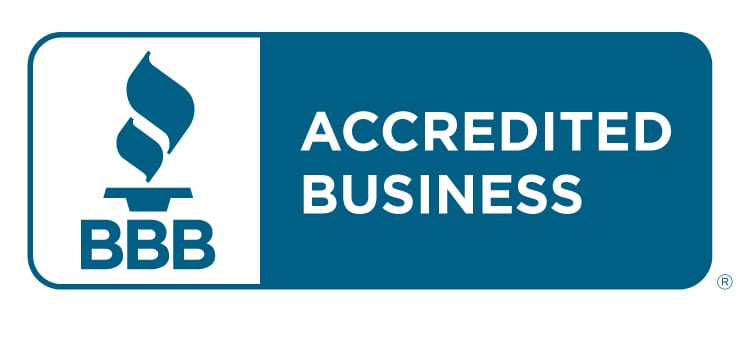
Personalization in Marketing: Why and How
Personalized marketing provides visitors with an individualized experience. In turn, this creates more opportunities for brand growth and customer loyalty — and increases the chance that people will make a purchase.
Want to learn more about personalization in marketing? Here’s what you’ll want to know.
What are the benefits of personalization?
Creating an individualized experience can help your brand stand out in an oversaturated market. When customers feel that you care about them and not just their money, they’re more likely to take notice and engage.
How important is data for personalization efforts?
Data is critical for personalized marketing. Luckily, there are many ways to help you find out who your customers are and what they want.
You’ll need to get familiar with data analytics tools, use surveys and quizzes, put an A/B testing plan in place, and do thorough market research.
How are brands customizing their marketing campaigns?
Segmenting and personalizing email marketing is a common way that brands to start with customization.
Many companies also use more advanced techniques such as personalized abandon cart messages and promotional offers, custom product or service recommendations, and location-based recommendations.
Other Considerations
Putting data to work is always a wise idea, but personalization can also involve:
- Quick and helpful customer support
- A thoughtfully automated chatbot
- Responsive social media management
Get Started With Personalization
Contact us today if you have any questions about personalization in marketing and how to make it work for you.



